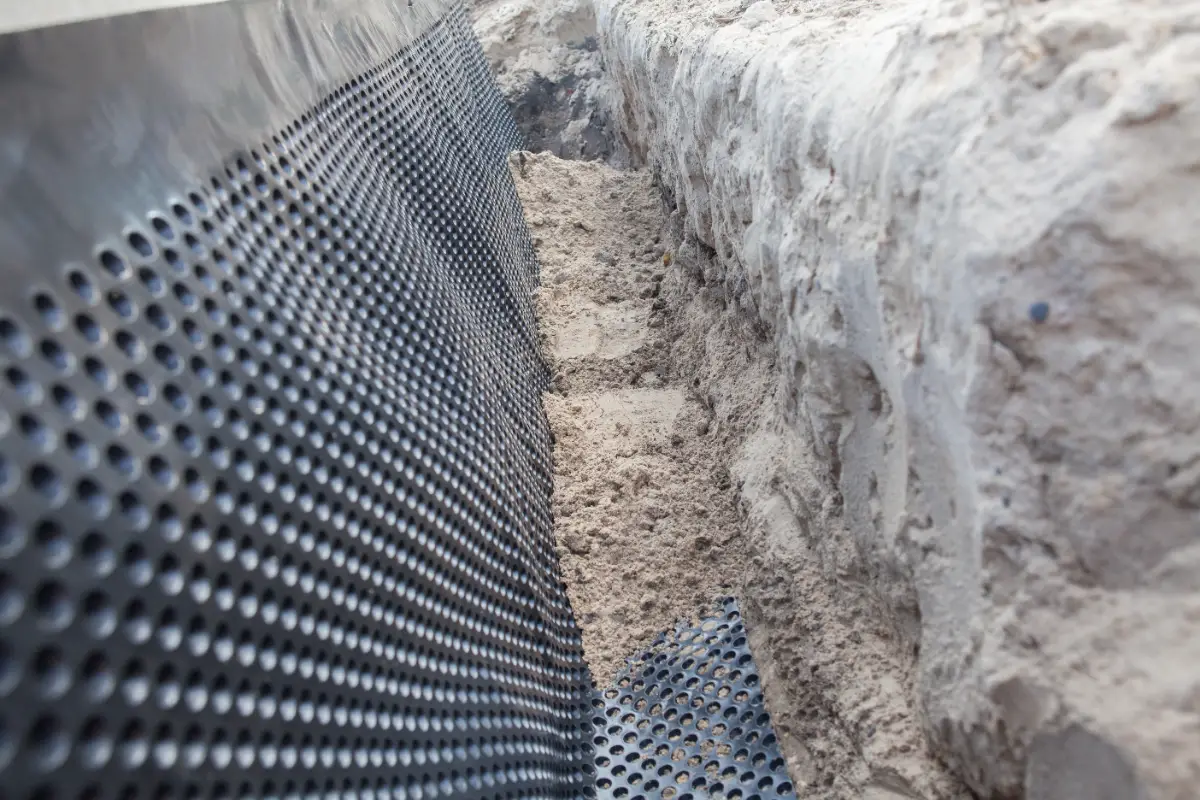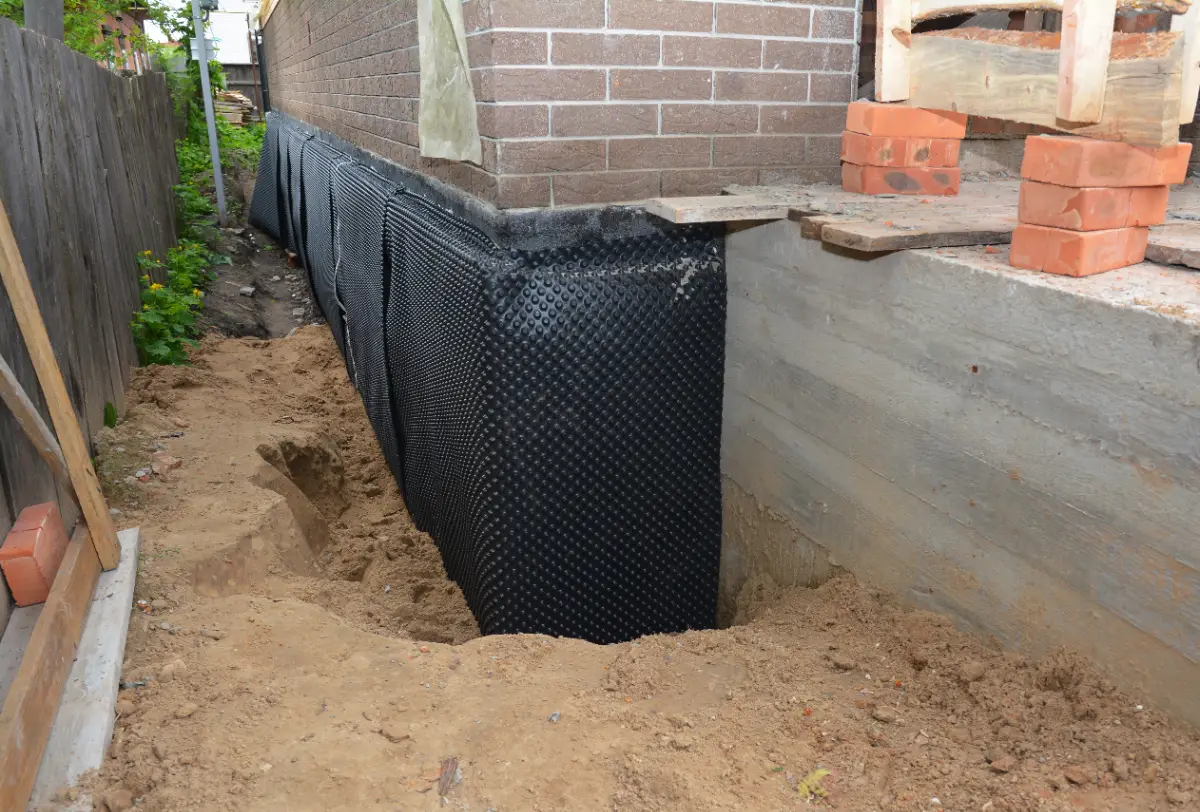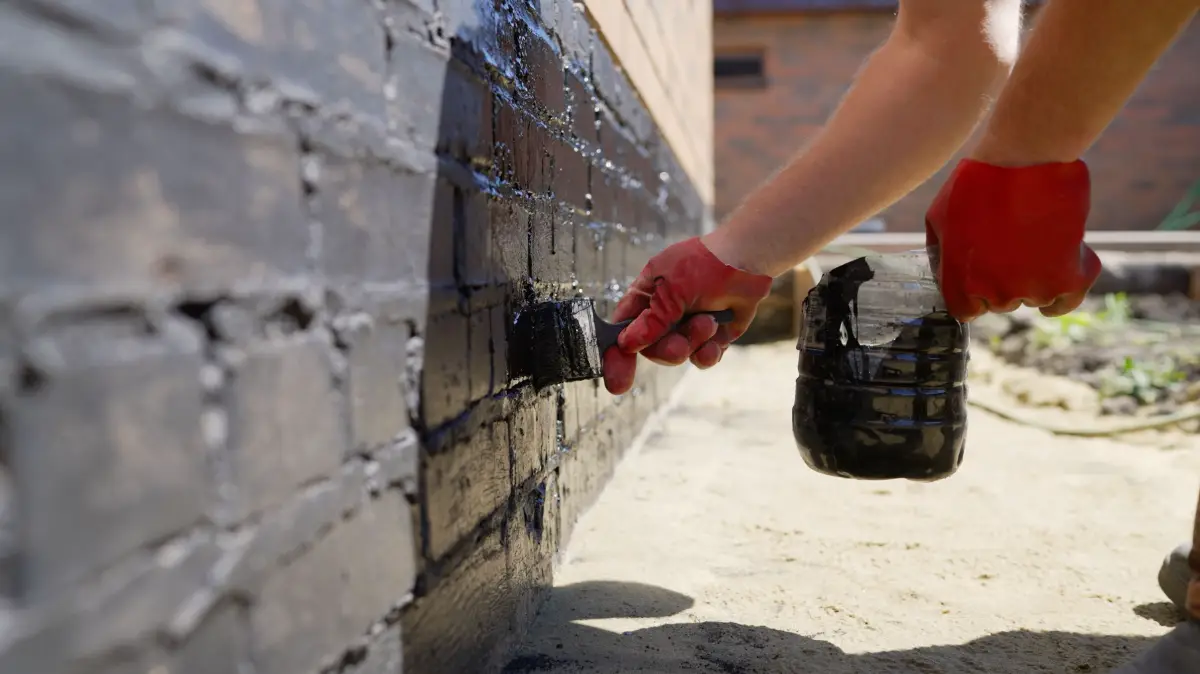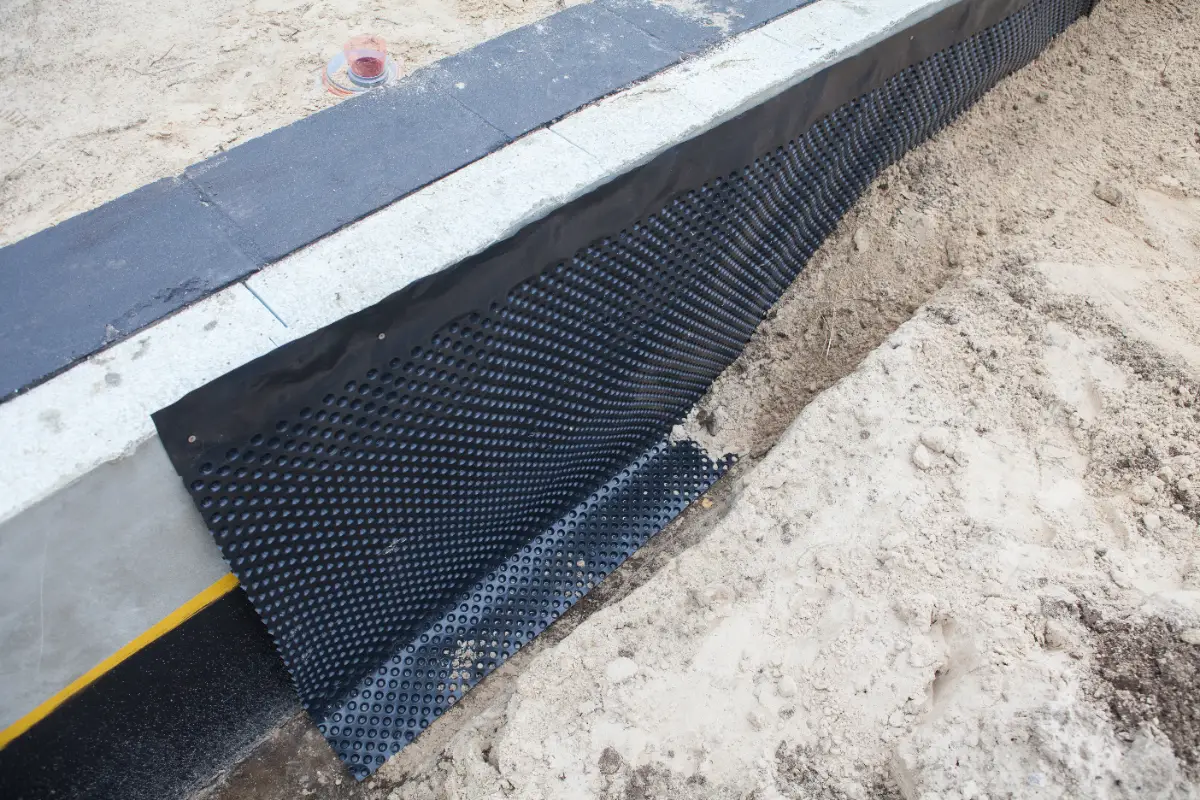Basement Waterproofing in Dix Hills, NY
Stop Water Before It Starts
Permanent basement waterproofing solutions that actually work for Long Island homes.

Hear About Us

Professional Waterproofing Services Dix Hills
You’ll walk downstairs after the heaviest storm and find exactly what you want to see: nothing. No puddles, no dampness creeping up the walls, no musty smell hitting you halfway down the steps.
Your basement becomes the space you actually planned for. Storage that stays dry, a workshop where your tools don’t rust, maybe even a finished room where your family can actually spend time without worrying about air quality.
The constant stress disappears too. No more checking the basement every time it rains hard. No more wondering if that small wet spot is going to turn into a bigger problem that costs you thousands later.
Dix Hills Basement Waterproofing Company
At Diamond Masonry & Waterproofing LLC, we handle the waterproofing challenges that come with Long Island’s clay soil and high water table. We’ve seen what works and what doesn’t in homes built from the 1950s through today.
Our approach combines masonry expertise with proven waterproofing methods. That means we can address foundation issues that other companies might miss, and we understand how water moves through the specific soil conditions here in Dix Hills and surrounding areas.
We’ve been solving basement water problems for local homeowners who need solutions that last, not temporary fixes that fail after the next big storm.

Basement Waterproofing Process Dix Hills
We start with a thorough inspection to identify exactly where water is entering and why. This isn’t a quick walk-through – we need to understand your specific foundation, soil conditions, and drainage patterns.
Next, we determine whether you need interior waterproofing, exterior waterproofing, or both. Interior solutions work great for minor seepage, while exterior waterproofing addresses the source by sealing your foundation walls before water can penetrate.
The actual waterproofing involves applying professional-grade sealers and membranes designed for Long Island’s conditions. We also address any masonry issues that could compromise the waterproofing over time. You’ll know exactly what we’re doing and why each step matters for keeping your basement dry long-term.

Ready to get started?
Explore More Services
About Diamond Masonry & Waterproofing
Get a Free Consultation
Complete Basement Sealing Services
Our basement waterproofing services include both interior and exterior solutions depending on what your home needs. Interior basement waterproofing involves sealing walls from inside, applying basement wall sealer, and addressing any cracks or weak points where moisture enters.
For exterior basement waterproofing, we excavate around your foundation to apply waterproof membranes and sealers directly to the outside walls. This stops water before it can reach your basement at all.
We also handle the masonry work that other waterproofing companies can’t. If your foundation walls have cracks, deteriorating mortar, or structural issues, we fix those problems as part of the waterproofing process. This comprehensive approach means your waterproofing system works properly and lasts for decades, not just a few years.

How long does basement waterproofing last in Long Island homes?
Should I choose interior or exterior basement waterproofing?
How much does basement waterproofing cost in Dix Hills?
What causes basement water problems in Long Island homes?
Can you waterproof my basement if I have a finished basement?
How do I know if my basement needs waterproofing?
Local Resources
- Google Map Link
- Find the Dix Hills, NY USPS
- Locate Nearby Dix Hills, NY Pharmacies
- View the Current Weather in Dix Hills, NY
- Dix Hills, NY is located in Suffolk county in New York State